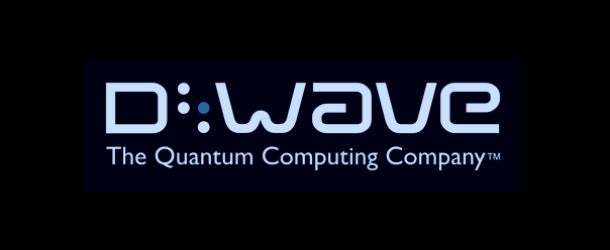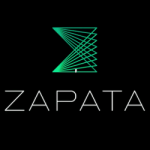D-Wave Embraces Gate-Based Quantum Computing

(HPC.Wire) Earlier in October D-Wave Systems, the quantum computing pioneer that has long championed quantum annealing-based quantum computing (and sometimes taken heat for that approach), announced it was expanding into gate-based quantum computing.
D-Wave initially targeted gate-based quantum computing in 1999 and discovered how hard it would be to develop. The company strategy morphed early on. That was then. Today, buoyed by its experience and success in building semiconductor-based superconducting qubits for annealing systems – notably its systems engineering and on-chip control circuitry expertise, according to Johnson – D-Wave seeks to enter the gate-based market. At its recent annual user meeting, Qubits (virtual), the company spelled out its plans under the banner of Clarity Roadmap.
Much of the roadmap is a continuation of D-Wave’s quantum annealing systems. While makers of gate-based quantum computers struggle to get to 100 qubits, D-Wave has a 5000-qubit system, with 15-way qubit interconnect technology, and is planning a 7000-qubit system. However, quantum annealing and gate-based systems are very different beasts. So-called universal gate-based system quantum computers of the kind being pursued by IBM, Rigetti, Google and others are more flexible and can handle wide range of applications They are the end game.
D-Wave contends its work building larger many-thousand-qubit quantum annealing systems has uniquely prepared it for tackling the scale-up problems bogging down gate-based quantum development. Most observers agree that cramming thousands (or millions) of cables into icy-cold dilution refrigerator to control qubits is impractical long-term, and there are many efforts (Intel and Microsoft are just two) to develop cryo-controller chips.
It’s perhaps not surprising that D-Wave has chosen to bet on semiconductor-based superconducting qubit technology. That’s what it knows. But there are other choices.No doubt developers of ion trap such as IonQ and developers of photonics quantum computers such as PsiQuantum have a different view and in fairness to them, it seems like performance metrics, both generally and on specific applications, will improve as all of the qubit technologies advance. It will be interesting to monitor what kinds of benchmarks and qubit technology comparisons emerge from the DOE testbeds and the five National QIS Research Centers set up under the U.S. National Quantum Initiative (NQI).
D-Wave is betting big on semiconductor-based superconducting but declined to offer any timelines.



















